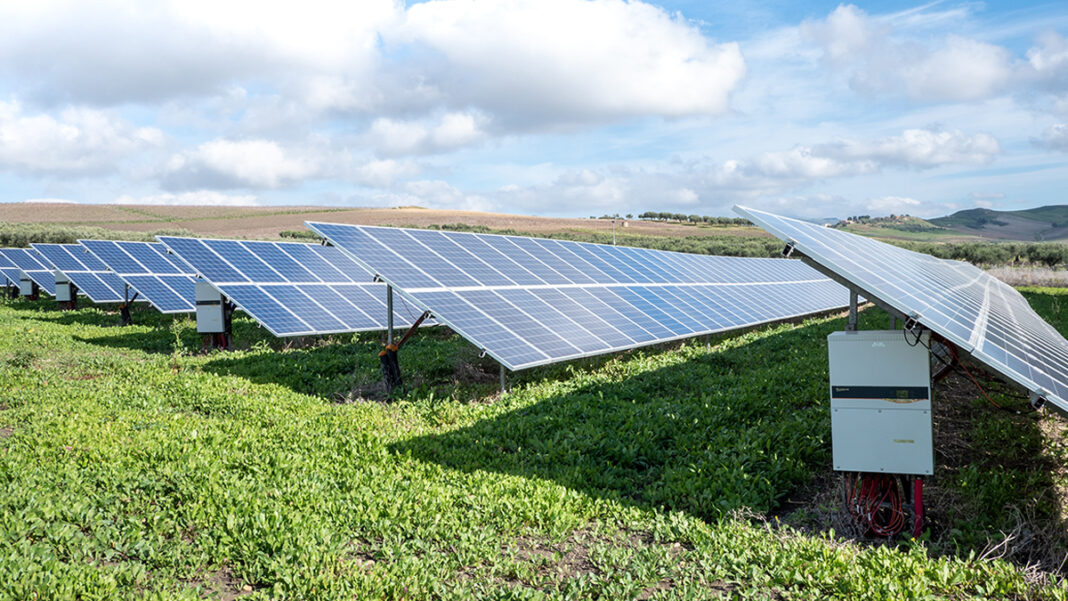So, we know the purpose of having solar panels and how solar panels work. However, what the industry, or the entire world didn’t think through was, what is to be done with them when they aren’t any good? Nor did we think through the process of manufacturing them.
Now, the government is asking about sustainability reports from the companies that manufacture solar panels. Constructing solar panels requires acidic chemicals such as hydrofluoric acid and sodium hydroxide, along with electricity and water.
Ironic, huh? The goal of how solar panels work is to replace how we get our electricity, yet we need electricity to manufacture them. Anyway, the production of solar panels emits greenhouse gases and creates waste. These obstacles could undermine the ability of solar in fighting climate change and reduce toxins in the environment.
The Environmental Downsides of Solar Panel Manufacturing
As the knowledge of how solar panels work, the search for solar energy power by, well, almost everyone in the world, has increased multitudes over the past 5 years or more. Still, manufacturing those solar panels has an environmental downside.
The Solar Scorecard, where the measurement of solar panel manufacturers is kept, out of 37 the solar manufacturers, some are doing better than others regarding the environment with their manufacturing. Since 1982, this annual scorecard has been tracking the high-tech industry environmental impact. The latest was the 5th scorecard, and it shows that the high-tech industry has become cloudy with their manufacturing practices when it comes to the sustainability.
It is hoped that this scorecard will raise the industry’s transparency to become more focused on growth and survival over tackling the dirtier side of clean energy source. A manufacturer in China has been one of the first to experience a backlash with legal action and protests when one of its plants faced allegations of dumping toxic waste in a river.
In the United States, there are rules at federal and state level that solar manufacturers are subjected to both federal and state rules that dictate where they can dispose of toxic wastewater. They have established recent regulations in Europe that mandate the reduction of hazardous waste and the proper disposal.
What Came First – The Chicken Or The Egg?
When it comes to recycling of solar panels, the number of places that do this are few. Even if there were more places, the number of useless solar panels to recycle that makes it economically attractive.
Solar panels have been around since 1978, yet not enough is out there to create enough of a stream. While there are companies that want to get ahead of what could be a stream of panel returns, it hasn’t become a large enough market yet.










